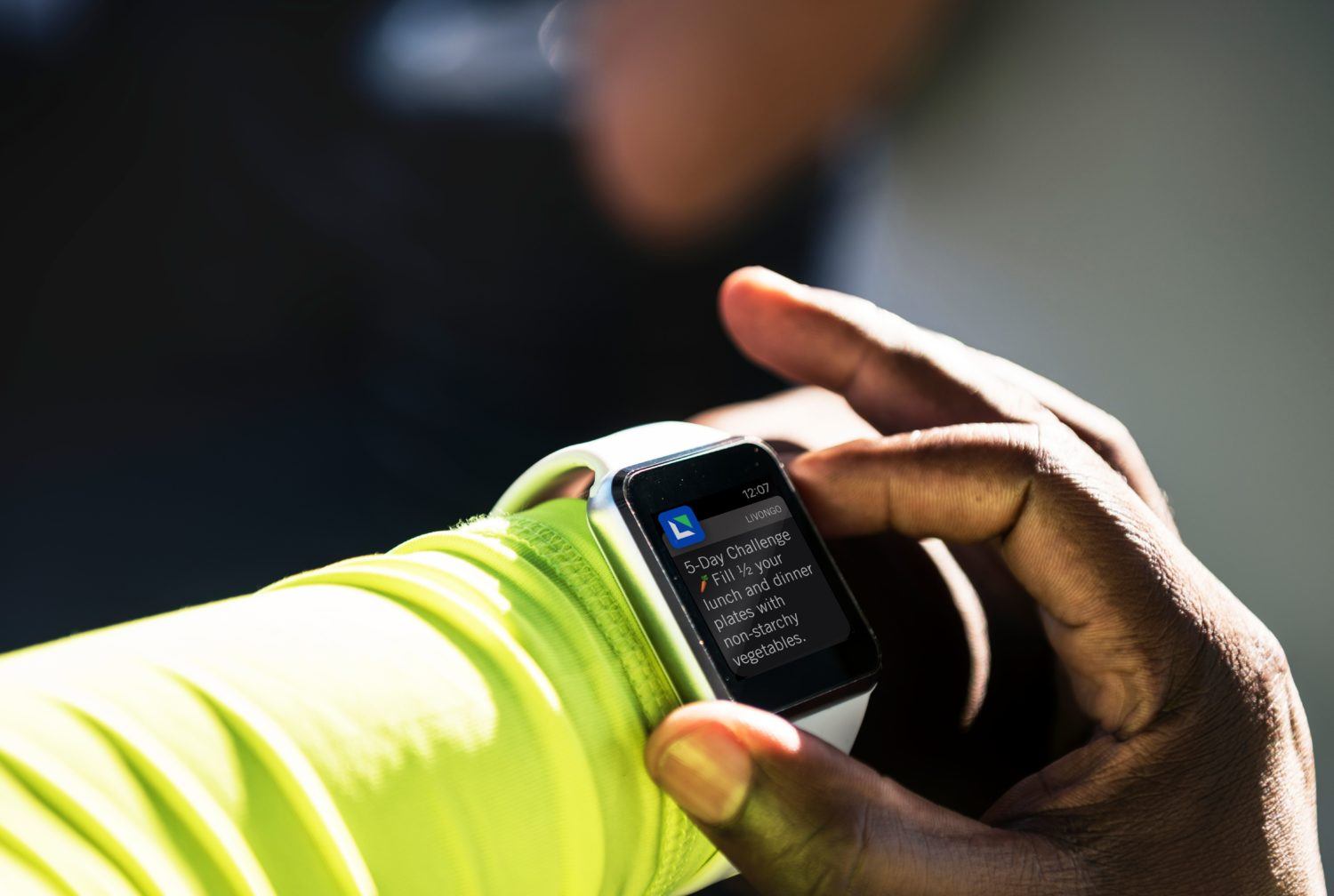
What You Should Know:
– Fitbit, Scripps Research, and Stanford Medicine are teaming up on new research leveraging Fitbit data to detect, track, and contain infectious diseases like COVID-19.
– There already has been early evidence that wearables, like Fitbit devices, have the potential to help predict the onset of an infectious disease like the flu before symptoms start, and the goal of this consortium is to unlock similar potential via leading research institutions in response to COVID-19.
Today, wearable leader Fitbit announced a collaboration with The Scripps Research Institute and Stanford Medicine on a research consortium that will use Fitbit data to help detect, track and contain infectious diseases like COVID-19.
Why Early Detection is Critical for Infectious Diseases
Early detection is critical for effective public health response to infectious disease outbreaks. There already has been early evidence that wearables, like Fitbit devices, have the potential to help predict the onset of an infectious disease like the flu before symptoms start, and the goal of this consortium is to unlock similar potential via leading research institutions in response to COVID-19.
Research Consortium Key Objectives
Key elements of the new research consortium include:
– Research studies will run independently, but the information will be aggregated, and broad data access supported to promote shared learning and development
– Fitbit will support the research community by driving consumer awareness of this important research and providing its users with an easy onramp to join the effort
– Fitbit will donate wearables to both research groups to support frontline healthcare workers
– Participation in the consortium is open to additional members interested in advancing this type of research and supporting open science
Fitbit users can easily access information on how to participate in these studies through the new COVID-19 Resource tab within the Fitbit mobile app, which also features tools and content to help users stay healthy, safe, and happy at home. Users also can virtually connect with a doctor directly from the Fitbit app via telemedicine provider PlushCare and stay up to date on the latest information with easy access to real-time updates from the World Health Organization.
“From our previously published work, we know that data collected from consumer wearables can significantly improve the prediction of influenza-like illness,” said Dr. Eric Topol, Director, and Founder, Scripps Research Translational Institute. “We see an enormous opportunity to enhance disease tracking for improved population health during the COVID-19 pandemic, and are pleased to join this new consortium to bring value to the research community.”
Advancing Infectious Disease Wearables Research
The consortium brings together research already underway by both Scripps and Stanford. The Scripps Research Translational Institute recently launched DETECT, an app-based research program that will analyze participants’ wearable health data—including heart rate, sleep, and activity levels—to more quickly detect the emergence of influenza, coronavirus and other fast-spreading viral illnesses.
COVID-19 Wearables Study
The Stanford Healthcare Innovation lab launched the COVID-19 wearables study, led by Michael Snyder, Ph.D., Chair of the Department of Genetics and Director of the Center for Genomics and Personalized Medicine at the Stanford University School of Medicine. The study aims to establish whether data collected from wearables, including Fitbit devices, can be used to predict the onset of an infectious disease such as COVID-19 before the actual symptoms start. Researchers are collecting data such as heart rate, skin temperature, and blood oxygen saturation, among others.
Research consortium invites other institutions to join in this collective effort and share key learnings with the research community.
